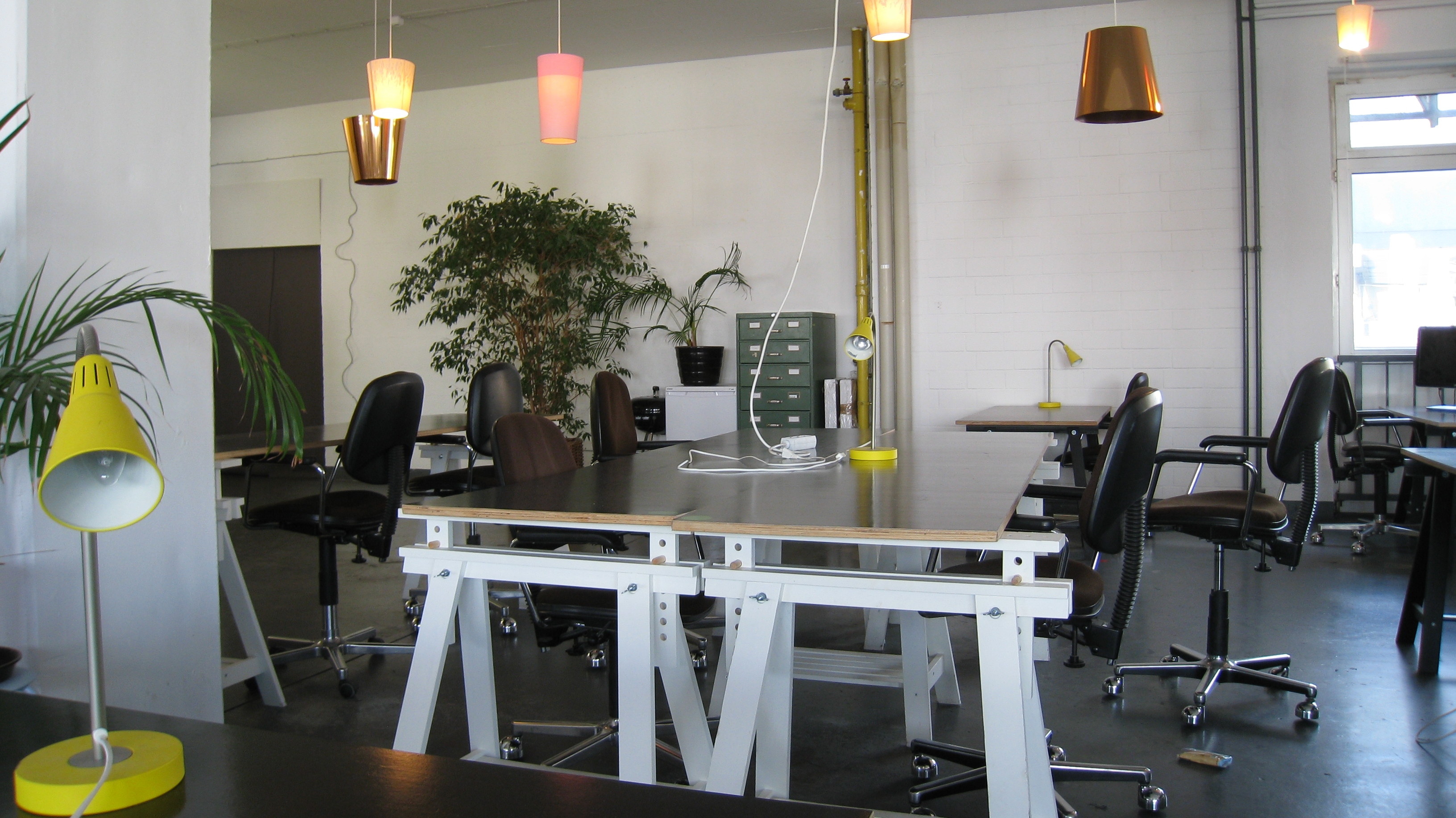Doing business in Berlin III: coworking and accelerators
As in many other cities coworking is more than a trend, it’s a reality. There are many places where you can work in many different ways: part or full time, flex or fixed, or with your own office. Personally I think it’s much better working from one of them than staying at home, in order to be in touch with the community. Usually a flex desk is enough and you can combine it with working from cafés. Try many of them until you find the one that fits you.
Basically, there are 2 kinds: small ones with reduced communities and good interaction between members, and then big ones with more rotation of members but with many events. Usually people start in one of the big ones, typically Betahaus (where I am by the way) and after a few months they move to a different small one. Here you can find a good list of places. Don’t forget cafés, like St. Oberholz or also Betahaus, that in fact are places to work.
Let’s see how the arrival of WeWork, a brand that is planning a lot of new spaces in the city, changes the situation. They are quite expensive but nearer to a business center than to a coworking, and with a professional environment and services.
Finding your own office is also possible. If you’re a team, that’s a convenient solution, but that means getting involved in German bureaucracy and also wasting time finding it. I really appreciate the “ready-made” proposal of coworking and business centers.

Despite the promise of coworking as a helpful community, don’t expect a lot from this. People go to coworking for working and they usually only interact with others at breakfasts or meetings designed for this purpose. In daily life this mingle usually doesn’t happen either. In the beginning, this seems quite rude, but over time you learn that it’s practical and efficient.
The German mentality is around. Practical – apparently not very friendly – but in the end convenient.
Accelerators are much more than places to work, but they also work quite well. If you are running a startup with a team, and you’re moving to Berlin you should consider this route. Also joining one of the existing accelerators is a good reason to come to Berlin.
As usual, they offer space to work, training and mentoring, plus, usually, a small investment between 25K-50K for 5-10% equity. The programs normally last 3-6 months.
You can find startup programs like Startup Bootcamp, Founders Institute, Microsoft and Techstars, but the difference from other cities is that the Berlin ones used to be focused on an industry, adding value and focus to the mentors and contacts.
The 2015 trend was corporate accelerators, where a big company would start one in the area. It represented big opportunity for startups, and still does, but don’t forget that the time it takes for things to get done in corporations is different than for startups. You will face many unexpected delays.
DB, Bayer joined the group started by hub:raum from Deutsche Telecom, Inmobilien Scout, Axel Springer… and also are appearing in joint ventures like Metro and Techstars.
This trend of corporations joining startups is also present in some exchange days like Charité or events sponsored by them….
I haven’t seen that the programs are growing fast, and in the end they only impact a few startups (10-15 per year usually) but I think more and more big German and European companies will do these kinds of innovation-startup programs in Berlin in the future.
Of course there’s high competition to be selected into these programs but with a good team an MVP and some amazing metrics it’s absolutely possible to get into. Where you come from will be not a problem, many times they’re looking for international teams, but be aware that for the investment they usually work only with German, British or North-American incorporated companies.
It’s a joke when we talk about having more accelerators than projects. I think that’s not totally true, and they are doing a good job attracting talent to the city. What’s suspicious is when you find a startup going from one program to another similar one, probably not getting the desired traction.
Definitely if you are starting in the city they are a great support, and if you are in one of the sectors looking for contacts with a big company they represent a really good opportunity for you and your company.
You can read more in:
Doing business in Berlin I
Doing business in Berlin II: events and networking
Doing business in Berlin III: coworking and accelerators
Doing business in Berlin IV: market and trends
Doing business in Berlin V: Incorporating in Germany
Doing business in Berlin VI: Living here
Doing business in Berlin VII: Salaries and taxes
Doing business in Berlin VIII: Hiring in Berlin (and what to expect if you’re looking for a job)
Doing business in Berlin IX: final thoughts
Brexit: an opportunity for Berlin to grow


